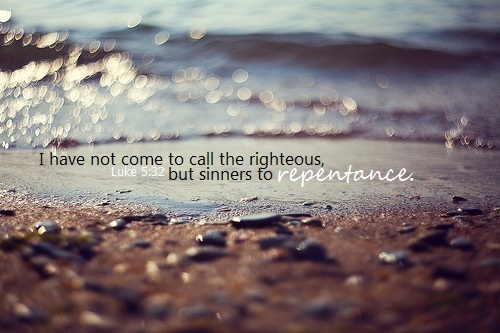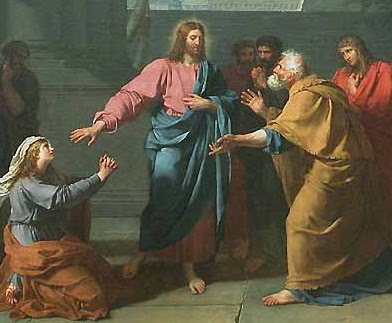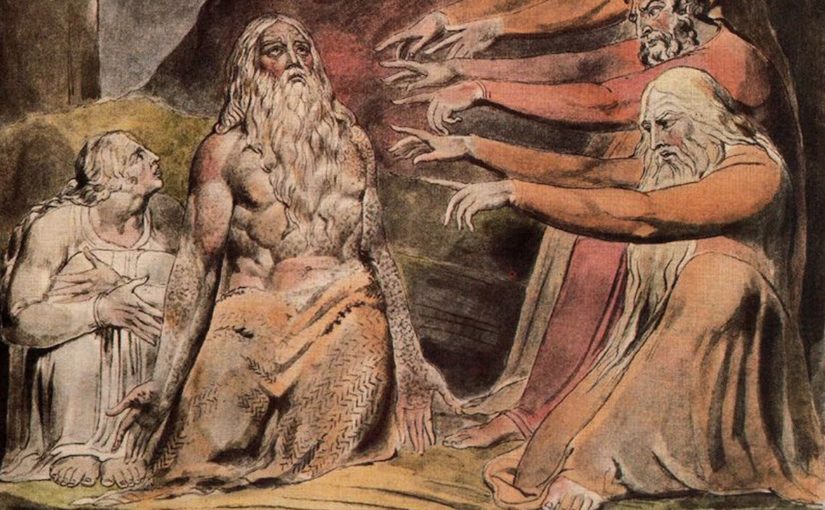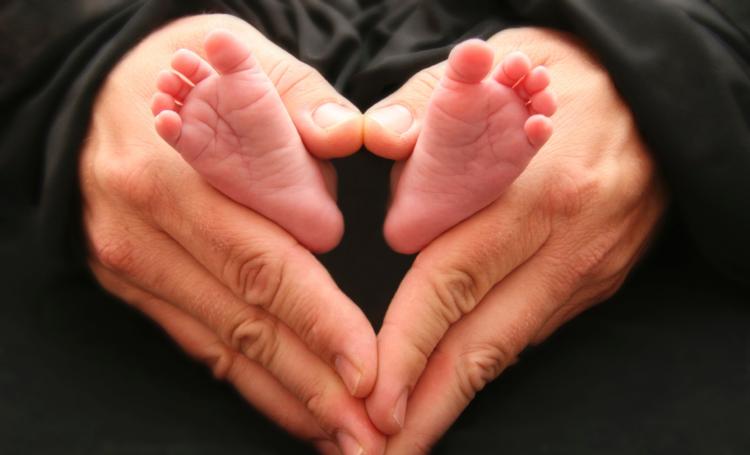Today’s readings
Back when I was in seminary, I was a fire chaplain for one of the local fire departments. On Wednesdays, we only had one class, and since it was Ash Wednesday and our teacher was a pastor of a parish, he was obviously busy, so we had the whole day free. I went with my friend Jeff, who was a chaplain with me, to the station to see how things were going and to spend some time doing some ministry there. When we got there, though, there really wasn’t anyone around. The receptionist told us they had all gone out on a fire call, and it looked pretty big.
So Jeff and I got the address and headed out to the scene of the fire. This was the first major fire I ever worked on, and it was pretty big. A whole four unit apartment building was in flames. Checking in with the fire chief, he told us that the families were in an apartment building across the street. We went there and introduced ourselves.
We talked to the families that were there for a while, and then had to get some other information, and during a lull, I asked the woman whose apartment we were trampling with our wet boots if she knew these families before. She said no, but she wouldn’t have thought of not opening her home to neighbors in trouble. I noticed she was wearing a sweatshirt with the letters WWJD on it – what would Jesus do? And I thought, well she obviously knew the answer to that question, and was not afraid to live it.
Again, that was Ash Wednesday that year, and it made a big impact on me. I realized it was so important for me to live those four letters – WWJD – during Lent, and really all year long. But doing that is a process. You have to develop new attitudes, new habits – new habits of the soul. This Lent is all about doing that for us.
We are called to repent, to break our ties with the sinfulness and the entanglements that are keeping us tethered to the world instead of free to live with our God. Our Church offers us three ways to do that during Lent. First, we can fast. We can give up snacks, or a favorite food, or eat one less meal perhaps one day a week, or we can give up a favorite television program or activity. Fasting helps us to be aware of the ways God works to sustain us when we’re lacking something we think we need. The whole idea of fasting is that we need to come to realize that there is nothing that we hunger for that God can’t provide, and provide better than we could ever find in any other source.
Second, we can pray. Sure, we’re called to pray all the time, but maybe Lent can be the opportunity to intensify our prayer life, to make it better, to make it more, to draw more life from it. Maybe we are not people who read Scripture every day, and we can work through one of the books of the Bible during Lent. Maybe we can learn a new prayer or take on a new devotion. Maybe we can spend time before the Lord in the Tabernacle or in adoration. Maybe we can just carve out some quiet time at the end of the day to give thanks for our blessings, and to ask pardon for our failings. Intensifying our prayer life this Lent can help us to be aware of God’s presence at every moment of our day and in every place we are.
As part of our Lenten practice of prayer here at Saint Mary’s, we are invited to participate in Project Passion, which is a 30 day challenge to give 15 minutes a day to prayer and reflection on a Gospel passage. We’ll be doing it on our own, praying each day as we are able. But we will also be doing it together, each of us reflecting on the same 30 passages throughout Lent. All the resources, including the reading and daily guided meditation podcasts in English, Spanish, and Polish, are available on our website, smip.org, and on the Parish App.
Project Passion Cards are being passed out throughout the day today at all exits of the Church. We encourage every adult to take a card with them and to take the challenge to give 1% of their day to the Lord in prayer. There is also a handout with a summary of other Lenten opportunities this year at St. Mary Immaculate.
Finally, we can give alms or do works of charity. We can visit a soup kitchen or go out to collect groceries for the food pantry. Maybe we can devote some time to mentoring a child who needs help with their studies, or volunteer to help in our school or religious education program. Works of charity might be a family project, choosing an activity and doing it together. When we do works of charity, we can learn to see others as God does, and love them the way God loves them and us.
And none of this, as the Gospel reminds us today, is to be done begrudgingly or half-heartedly. None of it is to be done with the express purpose of letting the world see how great we are. It is always to be done with great humility, but also with great joy. Our acts of fasting, prayer, and charity should be a celebration of who God is in our lives, and a beautiful effort to strengthen our relationship with him.
It is my prayer that this Lent can be a forty day retreat that will bring us all closer to God. Our collect prayer calls this a “campaign of Christian service.” Lent is a time to pay more attention to the ways God wants to bless us and respond by giving blessing to others. May we all hear the voice of the prophet Joel from today’s first reading: “Even now, says the Lord, return to me with your whole heart!”










You must be logged in to post a comment.